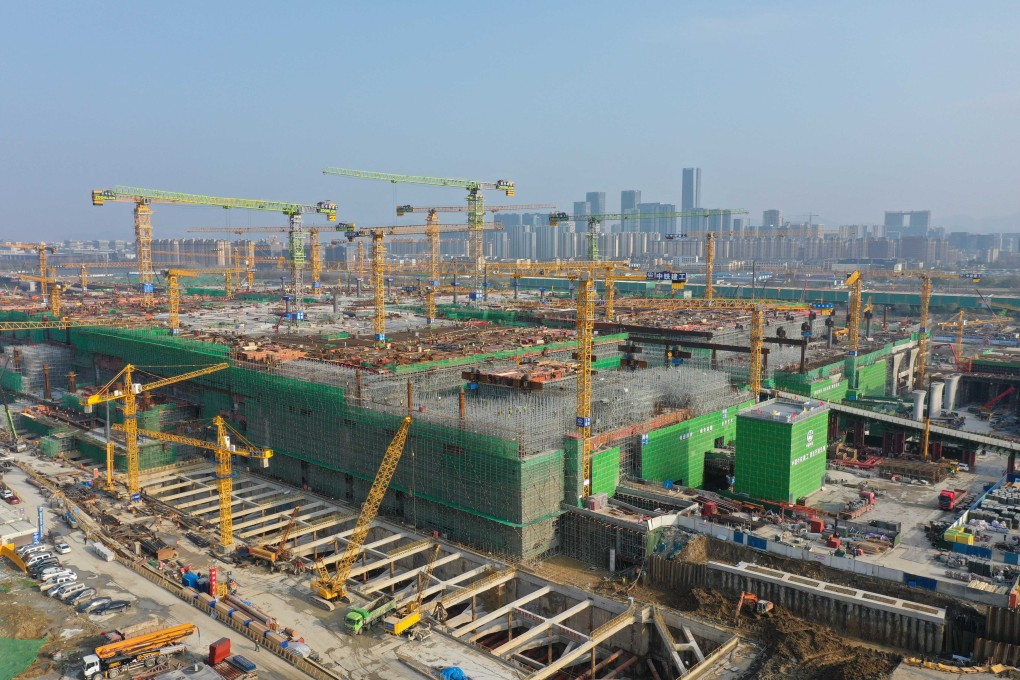Hangzhou adds a 2,243-year-old place name to its city map as it remodels for the future
- Hangzhou redraws its map and adds a district named Qiantang, a place name that can be traced back to the first Chinese emperor
- Hangzhou is home to Alibaba and NetEase and is growing quickly with a strong influx of young tech talent

The Chinese city of Hangzhou, the hometown of Jack Ma and the city chosen by President Xi Jinping to host the 2016 G20 leaders summit, has made a sweeping change to its administrative map by adding a new district called Qiantang, an old name that was given to the city by China’s first emperor in 222 BC, or 2,243 years ago.
Hangzhou, a city of 10 million residents, will merge four old districts into two and set up two new districts on its outskirts, namely Linping and Qiantang, as the city continues to remodel amid its growing importance as an economic and technology centre, according to a statement published by the Zhejiang provincial government on Friday.
The move by Hangzhou to remodel its internal administrative districts, comes amid a wider wave of city expansion in China. Major Chinese cities, including Beijing, Shanghai and Guangzhou, have made similar moves to merge downtown districts and turn rural suburban areas into new urban centres. While it is hard to quantify the impact of these remapping exercises on economic and social activities, a resetting of geographical lines within a city’s administration boundary often helps the municipal authority to centralise the use of resources, such as land and schoolteachers.
It comes at a time when the provincial capital city of Zhejiang is jostling with China’s other mega-cities to woo domestic migrants, especially those who are young and well-educated. According to the latest figures provided by the Hangzhou municipal authority, the city attracted 436,000 migrants from other parts of China who were aged under 35 and who had university education in 2020, double the number in 2019 and making the city one of the hottest destinations for China’s young tech talent.